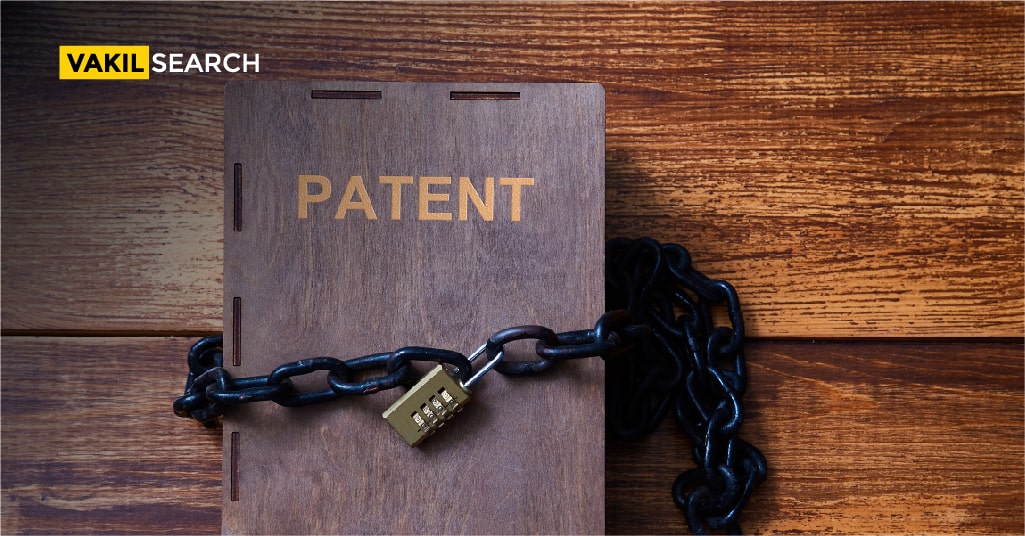Explore the topic of patenting microbes and the process of obtaining a patent for a microbe at Vakilsearch.
Overview on Patents on Microbes
Patenting of microbes is a process that allows the creators or developers of new and useful microorganisms, such as bacteria, viruses, fungi, and other microorganisms, to obtain exclusive rights to use and sell their inventions for a specific period of time. In order to be eligible for a patent, a microbe must meet several requirements, including novelty, non-obviousness, utility, and man-made origin.
Patenting of microbes has become increasingly common in recent years, especially in the field of biotechnology. It provides companies and individuals with an incentive to invest time and resources into developing new and useful microbes with specific functions. However, patenting of microbes is also a controversial issue, with some people arguing that it restricts access to important scientific and medical tools and stifles innovation in the field of microbiology.
Requirements to Attain Microbe Patent
Microbes, such as bacteria, viruses, fungi, and other microorganisms, can be patented under certain circumstances. In order to be eligible for a patent, a microbe must meet several requirements, including:
- Novelty: The microbe must be new and not previously known to the public.
- Non-obviousness: The microbe must not be an obvious variation of a previously known microbe.
- Utility: The microbe must have a specific, useful function, such as producing a particular chemical or breaking down specific waste products.
- Man-made: The microbe must have been created or modified by human intervention, rather than being found in nature.
Procedure to Patent Microbes in India
The procedure to patent microbes in India is as follows:
Conduct a Patent Search: Before filing a patent application, it is advisable to conduct a patent search to ensure that the microbe is new and not already patented.
Prepare a Patent Application: A patent application must be filed with the Indian Patent Office, including a detailed description of the microbe and its function, as well as any laboratory results or experimental data that supports its utility.
Examination of Patent Application: The Patent Office will examine the application to determine if it meets the necessary requirements for patentability, including novelty, non-obviousness, and utility.
Request for Examination: If the patent application is accepted, a request for examination must be filed. The examination process can take several years, during which time the patent applicant may be required to provide additional information or data.
Grant of Patent: If the Patent Office determines that the microbe meets all requirements, a patent will be granted, providing the patent holder with exclusive rights to use and sell the microbe for a period of 20 years from the date of filing the patent application.
Maintenance Fees: The patent holder must pay annual maintenance fees to keep the patent in force.
It is important to note that the process of obtaining a patent for a microbe can be complex and time-consuming, and it is advisable to seek the assistance of a patent attorney or agent with experience in this area. Additionally, the rules and regulations surrounding the patenting of microbes are subject to change, and it is important to stay informed about any updates or changes in the law.
Advantages of Microbes Patents
There are several advantages to obtaining a patent for a microbe, including:
Exclusive Rights: A patent provides the patent holder with exclusive rights to use and sell the microbe for a specific period of time, usually 20 years from the date of filing the patent application.
Incentive for Investment and Development: Patents can provide incentives for companies and individuals to invest time and resources into developing new and useful microbes.
Protection from Infringement: A patent provides the patent holder with legal protection against infringement, allowing them to take legal action against anyone who uses, sells, or makes the patented microbe without permission.
Commercialization Opportunities: Patents can help to commercialize new microbes, allowing companies and individuals to profit from their investments and developments in this field.
Promotion of Innovation: Patents can help to promote innovation in the field of microbiology by encouraging companies and individuals to create and develop new microbes with specific functions.
Disadvantages of Microbes Patents
There are several disadvantages to obtaining a patent for a microbe, including:
High Cost: The process of obtaining a patent for a microbe can be expensive and time-consuming, requiring significant financial resources and legal expertise.
Limited Availability of Microbes: Patents can limit the availability of certain microbes, as the patent holder has exclusive rights to use and sell the microbe. This can result in higher costs for research and development, as well as decreased access to useful microbes for individuals and organizations.
Legal Challenges: Patenting microbes can result in legal challenges and disputes, as the patent holder may take legal action against anyone who uses or sells the patented microbe without permission.
Ethical Concerns: Patenting microbes raises ethical concerns, as it may limit access to useful microbes and restrict the sharing of knowledge and information in the field of microbiology.
Controversial Issues: Patenting microbes is a controversial issue, and the potential advantages and disadvantages must be carefully considered before pursuing a patent.
Conclusion
In conclusion, the patenting of microbes is a complex and controversial issue with both advantages and disadvantages. On one hand, obtaining a patent for a microbe provides the patent holder with exclusive rights to use and sell the microbe, and can provide incentives for investment and development in the field of microbiology. On the other hand, the patenting process can be expensive and time-consuming and can limit the availability of certain microbes and raise ethical concerns. In case of any queries, the team of Vakilsearch is ready to guide you.
Also Read,




